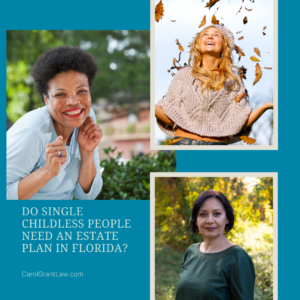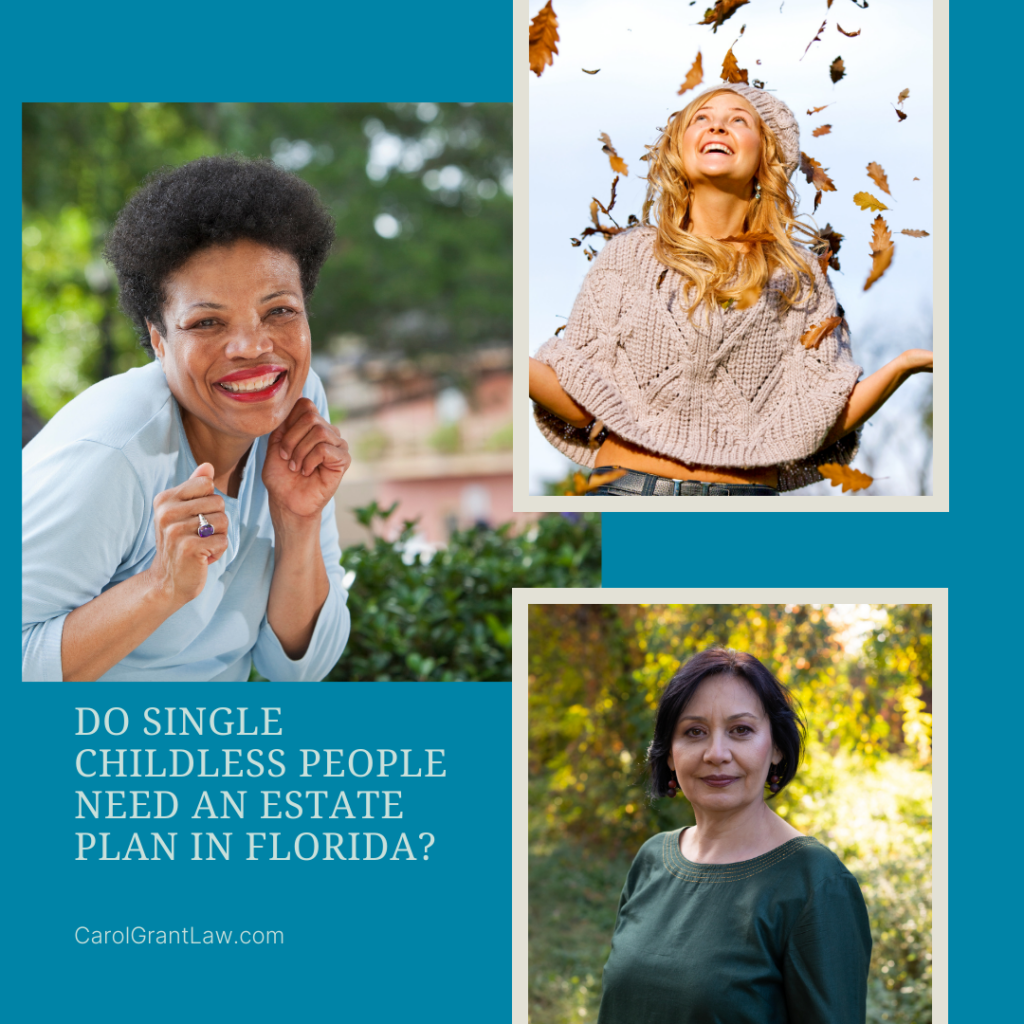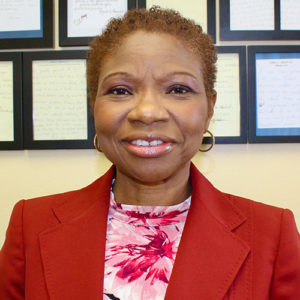A single person without children can focus on their personal goals, including philanthropy. However, it takes planning to ensure that their assets are distributed according to their wishes. A recent article, “I’m an Estate Planner: 8 Ways Single and Childfree People Can Manage Their Assets” from AOL, provides tips for estate planning for single people.
 One of the challenges regarding estate planning for single people is the need to have an estate plan in place earlier in their lives than marrieds or parents. If the state is unable to identify a next of kin, the state will take the assets as unclaimed. This is probably not what anyone has in mind for their property.
One of the challenges regarding estate planning for single people is the need to have an estate plan in place earlier in their lives than marrieds or parents. If the state is unable to identify a next of kin, the state will take the assets as unclaimed. This is probably not what anyone has in mind for their property.
Consider the people and organizations that have meaning for you. Have an estate plan prepared by an experienced estate planning attorney, who will help you clarify who might be a suitable heir. It may be a close friend, charitable organization, niece, or nephew. Remember to update your will as life changes occur.
For some singles, the preferred option is to “die with zero.” The concept is not to leave any generational wealth behind but to live their lives to the fullest, including philanthropy and gifting while they are living. This lets them see the good work done by charities and the benefits to those they choose to give assets to.
A challenge for some singles is identifying a person to serve as their personal representative, who will administer their estate, including distributing assets, after their death. If no personal representative is named in a will or there is no will, a court will name an administrator, and assets will be distributed according to the state’s laws.
Do single people need to establish trusts? Trusts are extremely useful in the event of incapacity, which no one wants to think about but needs to be addressed. If you become incapacitated, the trustee can use the funds in a trust to keep your bills paid and your household running. There are also trusts used in charitable giving to meet your philanthropic goals or trusts to protect assets if you need long-term care.
Designating people to serve as your Power of Attorney and Healthcare Proxy is especially important for singles with no children. This way, people of your choosing can oversee your day-to-day financial and legal matters and be involved in your medical decisions.
Finally, don’t leave any of this to chance. Have conversations with people you’ve chosen to fulfill various roles, including personal representative, power of attorney, healthcare proxy and trustee. Make sure that they understand what you are asking them to do, and be sure they are willing to take on the tasks.
I’ve created a video outlining the importance of creating an estate plan for single, childless people.
A consultation with an estate planning attorney is the first step to implementing a plan. Book a call with our estate planning team today!
Reference: AOL (June 7, 2024) “I’m an Estate Planner: 8 Ways Single and Childfree People Can Manage Their Assets”








